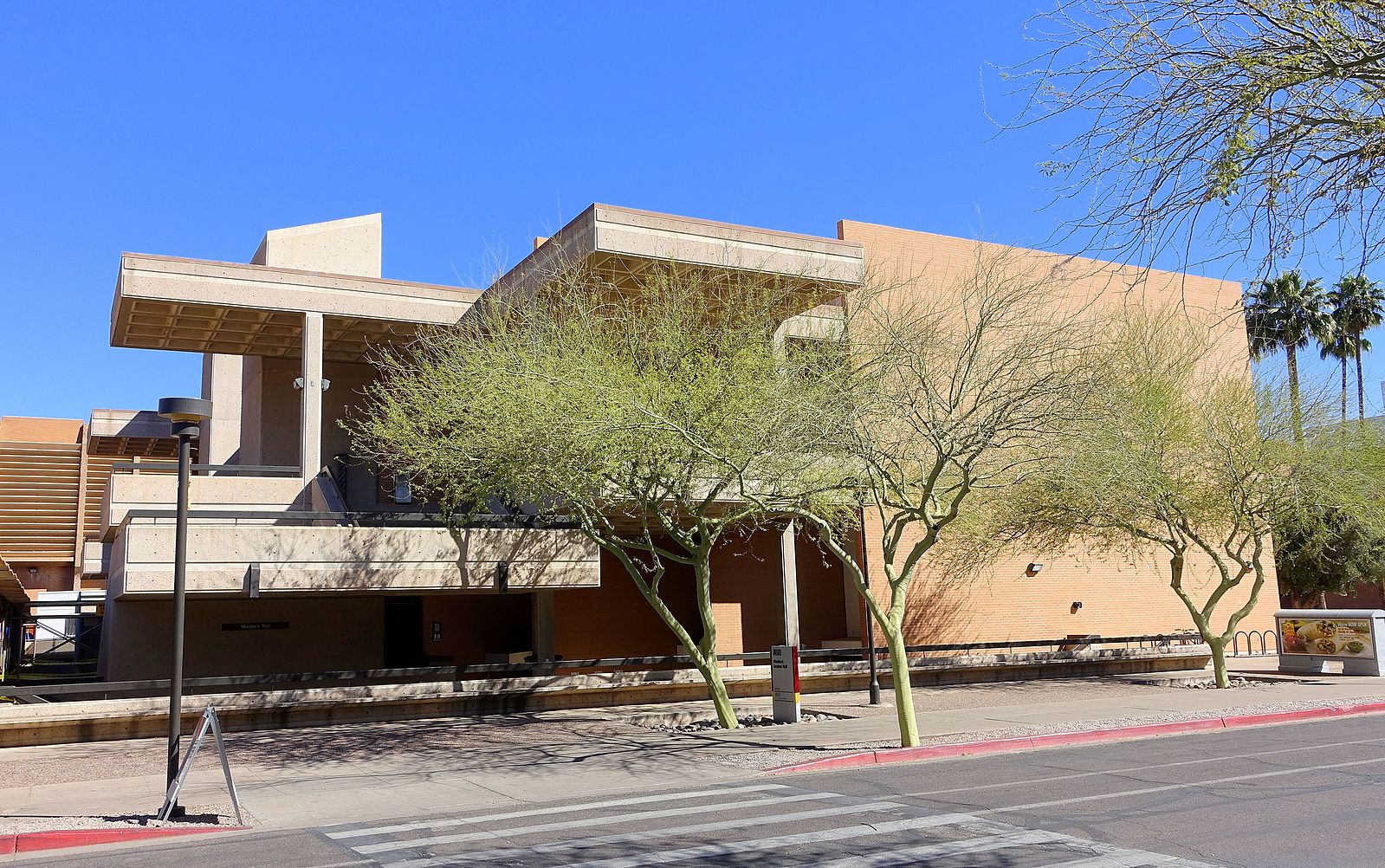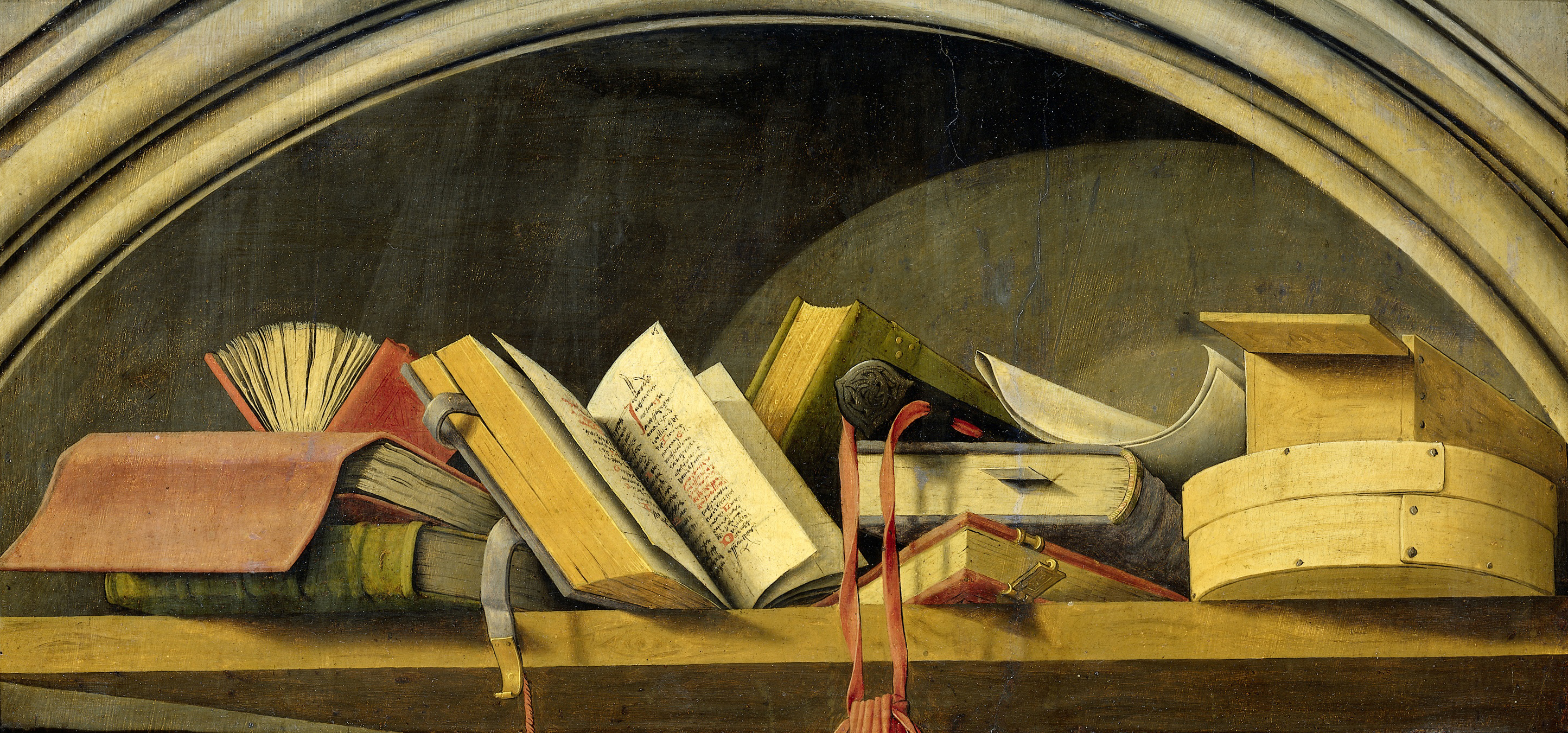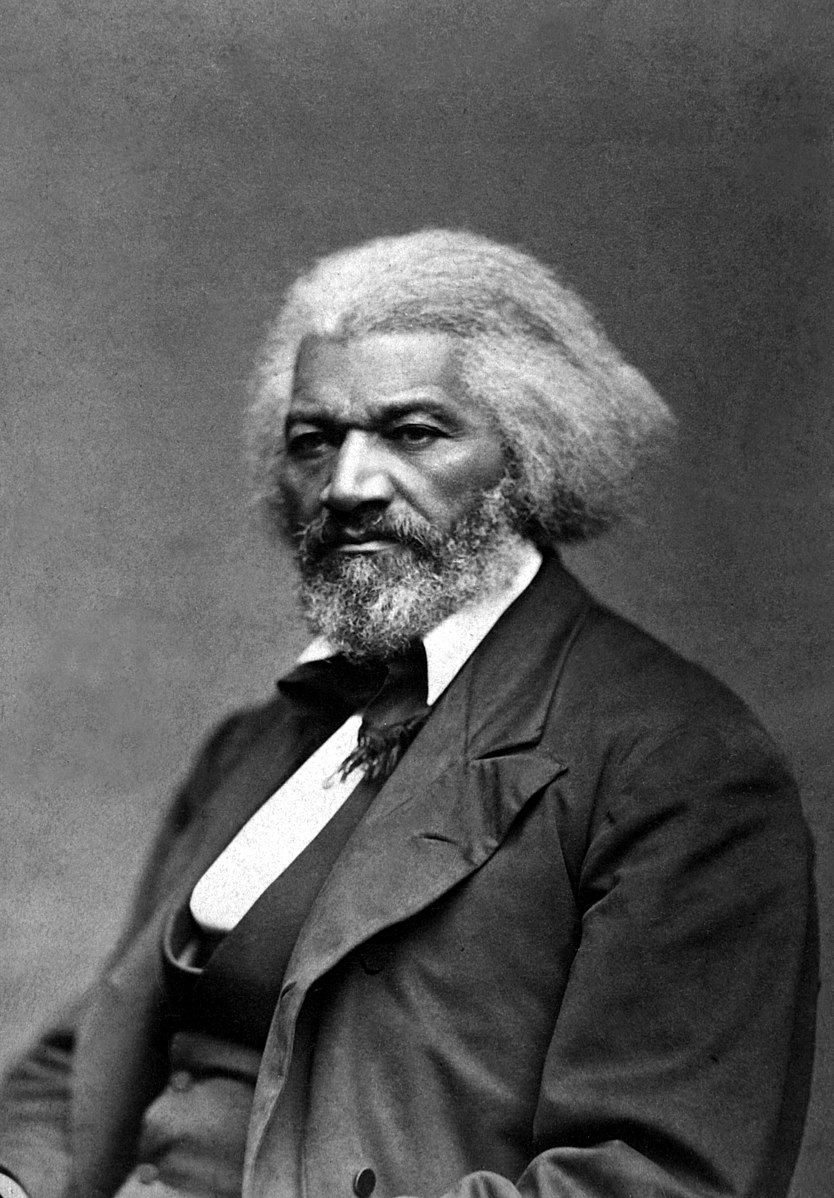School of Civic and Economic Thought and Leadership: Fall 2020 Webinar Series, “Race, Justice, and Leadership”
The School of Civic and Economic Thought and Leadership at Arizona State University, a JMC partner program, will be hosting “Race, Justice, and Leadership,” a new virtual series in the school’s Civic Discourse Project providing perspective on current civic issues through conversations among the school’s faculty and students, academic guests, and a wider community.
In response to Arizona State University President Michael Crow’s call to address recent events across America and the civic crisis of conscience they provoked, the School of Civic and Economic Thought and Leadership proposes to lead a program of discussion, learning, and action for a renewal of our common pledge to respect and protect the equal rights of all Americans to life, liberty, and the pursuit of happiness. To this end, the theme of this year’s “The Civic Discourse Project” will address Race, Justice, and Leadership in America in a virtual series. Each webinar will be dedicated to leaders of thought and action, and will include discussion of the subject of slavery and the founding, the thought of Frederick Douglass, and Lincoln and Slavery, throughout the Fall 2020 semester. The webinar series is free and open to the public. The webinars allow a livestream audience to pose questions to the guest experts.
Click here for more information and to register >>
 October 19, 2020 – “Race, Social Justice, and Higher Education Today: How Racist Are Universities, Really?” with Randall Kennedy
October 19, 2020 – “Race, Social Justice, and Higher Education Today: How Racist Are Universities, Really?” with Randall Kennedy
In a recent Chronicle of Higher Education essay, Harvard Law School Professor Randall Kennedy poses the question: “How Racist Are Universities, Really?” In it, he argues that in these volatile times, “hyperbolic accusations” can “do more harm than good.” Kennedy believes that the racial reckonings of the current moment drawing attention to “racial inequity,” and “demanding the redress of long-neglected racial wrongs” are vitally important to American society today in ways that can bring about positive change. He is concerned, however, that this laudable moment of “anti-racist activism” has also been “shadowed by a rise in complacency and opportunism” that weakens the struggle for the rectification of racial injustice. Among the “hyperbolic accusations” of racism he includes certain allegations against universities.
Are universities systemically racist? Will recent university policies designed to address claims of racial bias on campus inhibit academic freedom? Join the conversation with Professor Randall Kennedy to address this important topic.
 October 26, 2020 – “Frederick Douglass and the Slave’s Point of View” with Danielle Allen and Peter Myers
October 26, 2020 – “Frederick Douglass and the Slave’s Point of View” with Danielle Allen and Peter Myers
On July 5, 1852, more than a decade before the abolition of slavery, Frederick Douglass spoke to the Ladies Anti-Slavery Society of Rochester, N.Y., to explain the slave’s point of view with regard to the 4th of July in perhaps his most famous speech “What to the slave is the 4th of July?” Douglass’s speech follows the logic of his life, a literate man, who escaped bondage to tell his own story in memoir and thousands of speeches across the country, to make the case for the application of the unalienable natural rights described in the Declaration of Independence to the part of the American population still held in brutal bondage. Join the School for a conversation about Douglass’s rhetorical and moral campaign to compel the United States to live up to its own political principles.
 November 16, 2020 – “Abraham Lincoln, Race, and the Fragile Republic” with Lucas Morel
November 16, 2020 – “Abraham Lincoln, Race, and the Fragile Republic” with Lucas Morel
This discussion will explore how Lincoln dealt with the role that race and slavery played in the development of self-government in antebellum America. Curiously, he believed that shaping public opinion among white northerners was more urgent than trying to change the minds of slaveholding southerners. In particular, Lincoln thought that Illinois Senator Stephen A. Douglas posed the greatest threat to the ultimate demise of slavery because of his “insidious” doctrine of popular sovereignty.” For slavery to become legal in all the states would not require northern acceptance of the “positive good” of slavery; instead, simply persuade white northerners not to care what happened to black people in the federal territories, as the doctrine of popular sovereignty taught. Let local white settlers decide if they would permit the enslavement of black people, without interference from Congress, and it would soon become legal throughout the nation. Unlike Stephen Douglas, an outspoken white supremacist, Lincoln showed noble leadership by arguing that the principles of the Declaration of Independence should inform the constitutional practice of the nation, principles he believed applied to all people regardless of race.
October 19 – November 16, 2020 • All webinars begin at 7:00 PM EDT
Registration required
The School of Civic and Economic Thought and Leadership at Arizona State University seeks to introduce a new level of debate over the large questions of life that always arise. These are questions of value: What is the best form of government? The most efficient and just economy? The good life for an individual? And also basic questions of fact and concept: Is science the only kind of knowledge? Does history have a direction and purpose? Is moral choice a fact or delusion? These questions do not have easy answers, and indeed the questions have always been clearer than the answers. As a learning community of faculty and students, the school approaches them in two ways. One way is to look beyond the time and borders of our present society to the great thinkers who have contended for the high status of teachers of humanity, such as Homer, Dante and Shakespeare. The other way of studying the fundamental questions is to look within to American leaders, both intellectual and political, who have inspired us.
Learn more about the School of Civic and Economic Thought and Leadership >>
![]()
![]() Follow us on Facebook and Twitter for updates about lectures, publications, podcasts, and events related to American political thought, United States history, and the Western political tradition!
Follow us on Facebook and Twitter for updates about lectures, publications, podcasts, and events related to American political thought, United States history, and the Western political tradition!
Want to help the Jack Miller Center transform higher education? Donate today.



